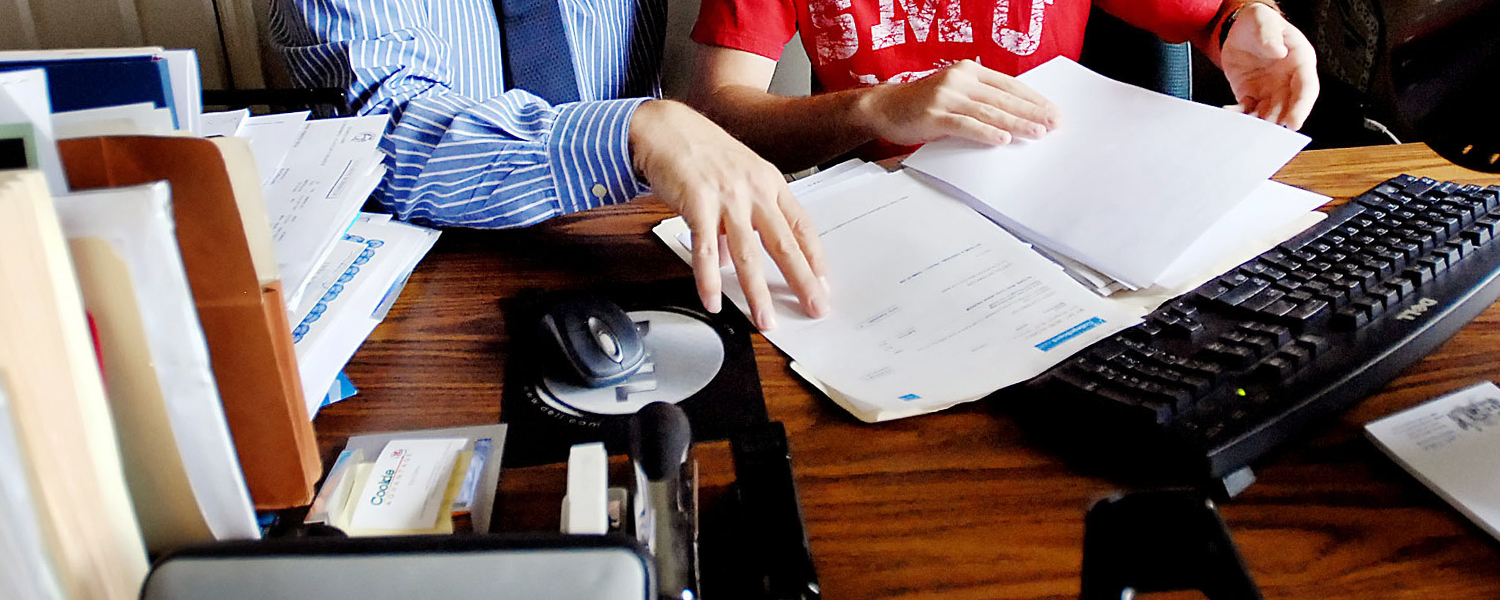Deciding to become a plumber is a solid career choice. You can work in a variety of settings, including residential and business construction, industrial and residential maintenance and repair and water treatment plants. Here are some tips to help you along.
Use the sounds you hear from your pipes to help you to determine what they problem is. Certain sounds mean the water pressure is too high. Other sounds can signify loose pipes or slight clogs from calcium or iron build up. Listening to your pipes can save you a lot of money hunting down the problem.
If your pipes are prone to freezing, let the water trickle continuously in at least one faucet during weather that is below freezing. This will minimize the chances that the pipes will freeze and leave you without water. If water is continually running through the pipes and trickling out of a faucet, the pipes are less likely to freeze.
To prevent the pipes from freezing, it is advisable to seal off air vents, cracks and access doors. In order to keep the heat in and the cold out, you can try using insulation or caulk. In the event a leak occurs, make it a point to remind everyone where the master circuit breaker is so it can be shut off immediately.
To avoid having your outdoor faucets freeze up in the winter, detach all hoses before the first freeze. Also, close the shutoff valve that leads to the outdoor faucets, then turn on the outdoor faucets to let any remaining water in the lines drain. Once temperatures warm up in the spring, you can reverse the process.
Frozen and bursting pipes from harsh winter weather is a problem that no-one wants, so plan now to winterize your exterior faucets and pipes against freezing conditions. A simple way to accomplish this is to find the exterior water shut-off valve located inside your home (often located in the basement). Turn off the water valve to stop water flow, and then open up the outside faucets to drain out any water that has collected. Be sure to turn off the outside water faucets tightly after the water has drained out. Take in any hoses you may have outside so they don’t crack from the cold weather.
Never try to fix a garbage disposal by putting your hand down into it. Even when they are turned off, disposals can be very dangerous. Use a guide or the Internet to locate a blueprint of your disposal, or a troubleshooting manual.
It is not always necessary to call in a plumber when you have a damaged section of pipe in your plumbing. There are repair kits you can buy in your local hardware store which are excellent in repairing leaks. If you have a small leak, you can rub a compound stick over the hole or crack in the pipe to seal it shut. Epoxy paste is also an excellent remedy for a leaking pipes. Make sure you turn off the water and completely dry the pipe before applying the epoxy.
Have you tried patching your pipe with the store-bought patching kits only to have that section of your plumbing continue leaking? Replacing the damaged pipe is a more permanent solution than patching. First, you must shut off the main water valve, and drain the water from the damaged section. Cut out the damaged section of the copper pipe, leaving about an inch of extra pipe on both sides of the damaged area. Remove corrosion from inside the pipes with a wire brush. Apply flux to the replacement pipe and the remaining pipe. Slide the piece of replacement pipe into place with couplings. Apply solder all around the joint, and use a propane torch to solder the replacement section into place.
A sink hose that is installed incorrectly will lead to water flowing into the dishwasher. You must have the hose going uphill and then down to get rid of the water in the dishwater.
Plumbing is a fascinating and exciting world that is only limited by the extent of a person’s knowledge. There are many possibilities, products, types of equipment, and techniques. Start experimenting to find something new for your jobs or to learn something new that you can better for your own usage. Become inspired by a plumber Guilford, CT.

